Rev’s Transcript Library
Explore our extensive collection of free transcripts from political figures and public events. Journalists, students, researchers, and the general public can explore transcripts of speeches, debates, congressional hearings, press conferences, interviews, podcasts, and more.
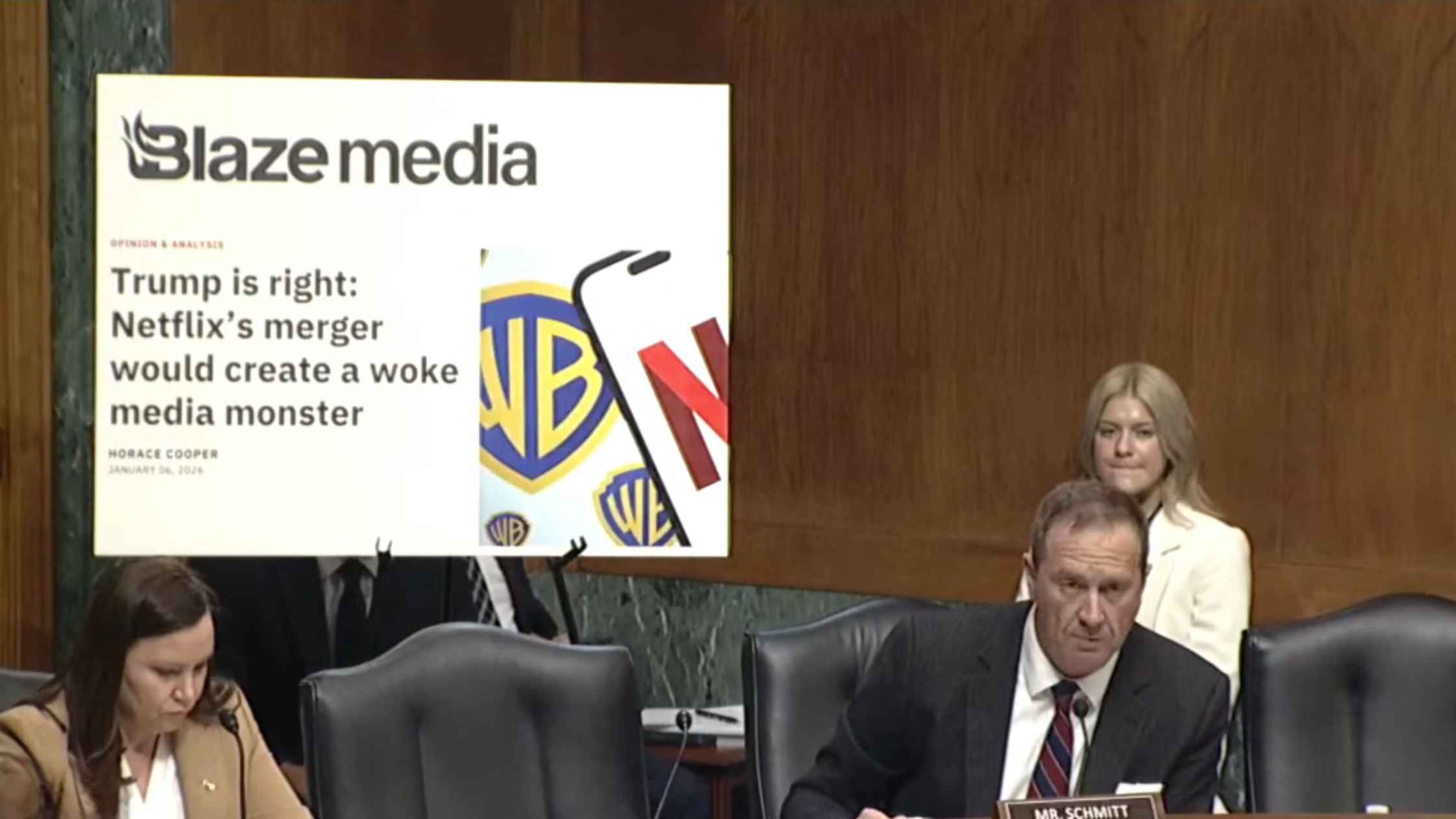
Netflix-Warner Brothers Merger Hearing
Senate Judiciary hearing examines proposed Netflix-Warner Brothers deal. Read the transcript here.
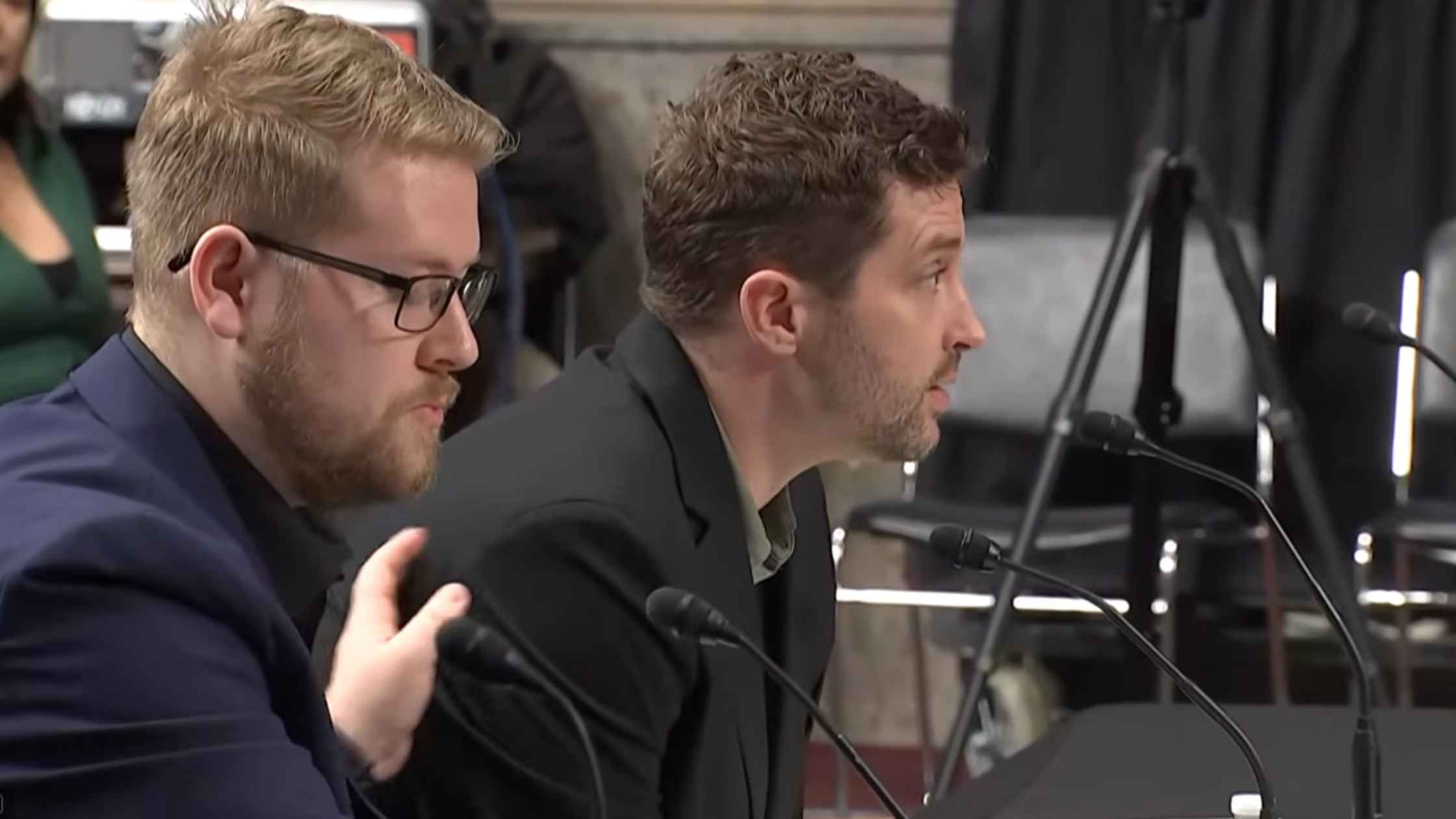
Congressional Testimony on DHS Encounters
Renee Goode's brothers and three U.S. citizens who have had recent violent encounters with DHS testify before Congress. Read the transcript here.
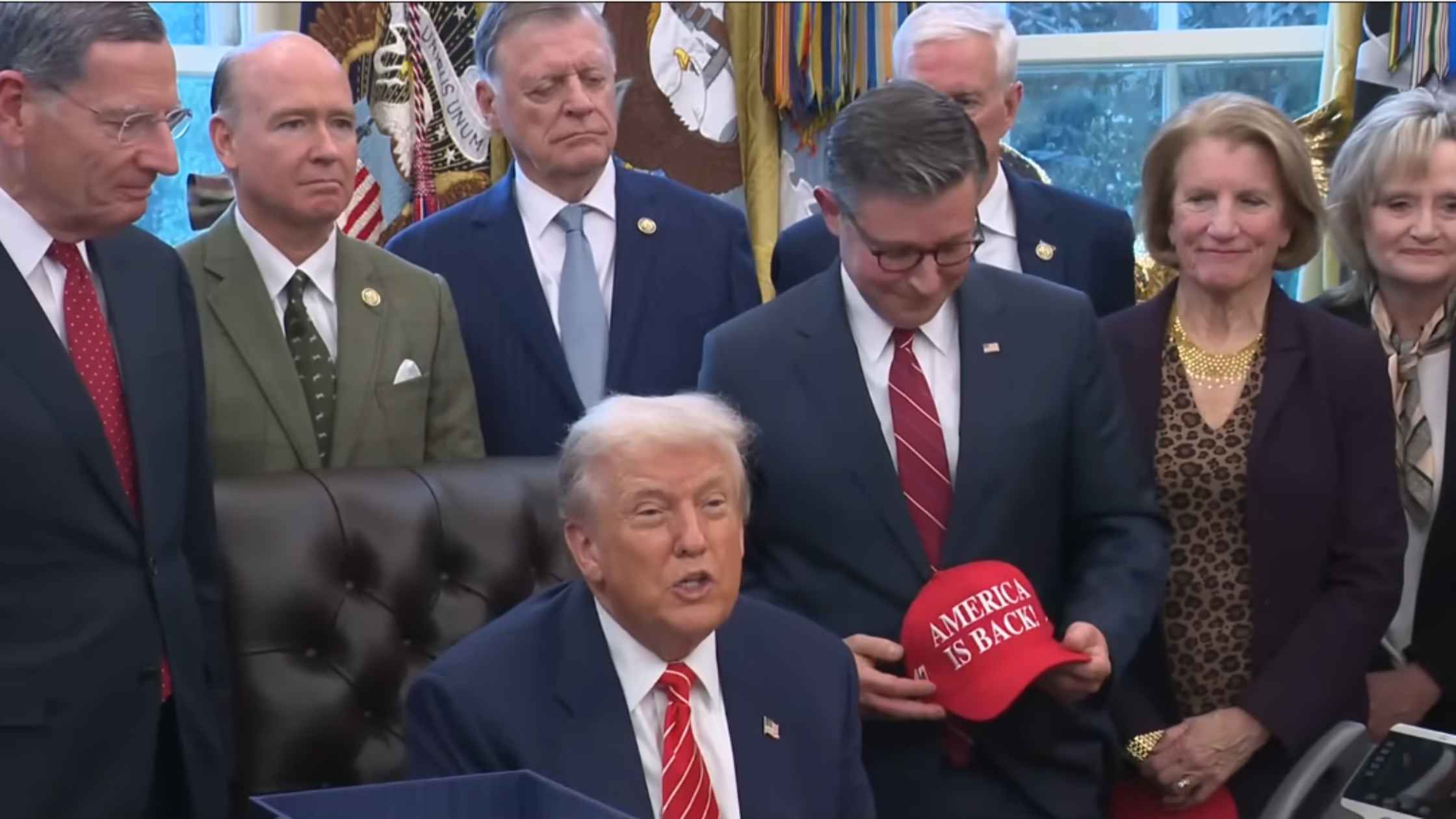
Trump Signs Funding Bill
Donald Trump signs the Consolidated Appropriations Act to open the federal government. Read the transcript here.
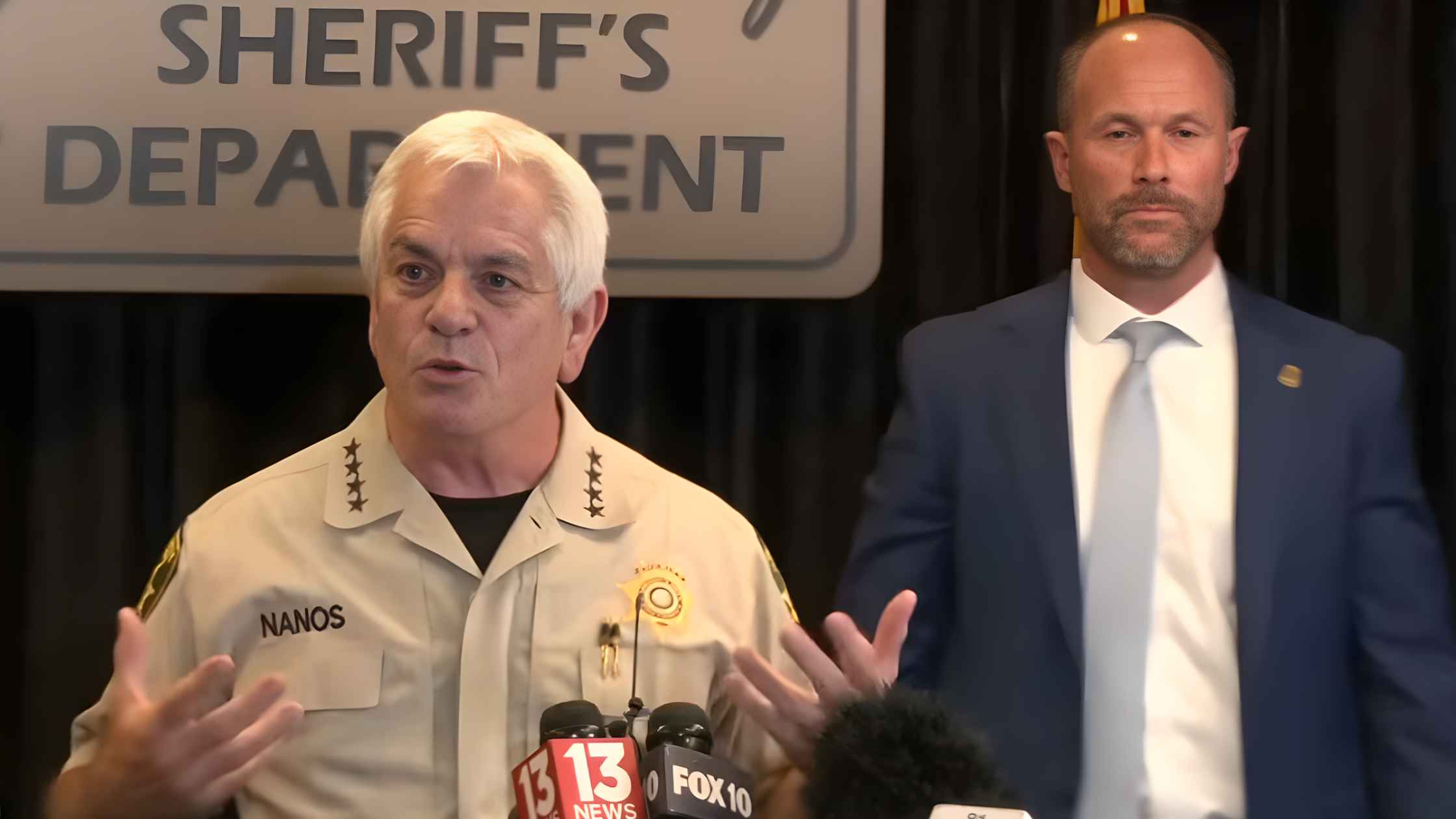
Nancy Guthrie Update
Arizona Pima County Sheriff Chris Nanos gives an update on the ongoing Nancy Guthrie case. Read the transcript here.
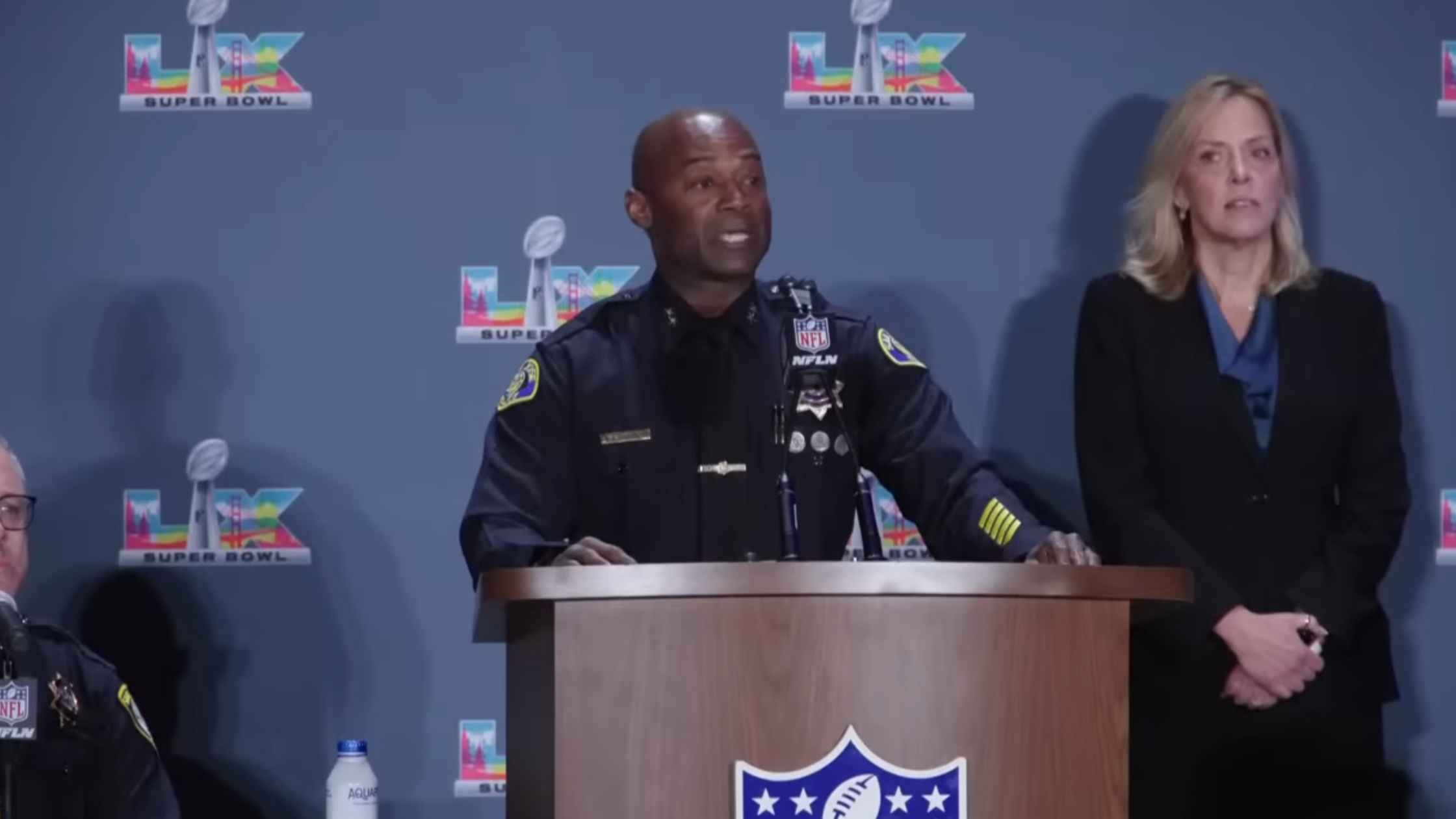
Super Bowl Safety Press Conference
NFL and law enforcement in San Francisco hold a press conference regarding public safety plans for the Super Bowl. Read the transcript here.
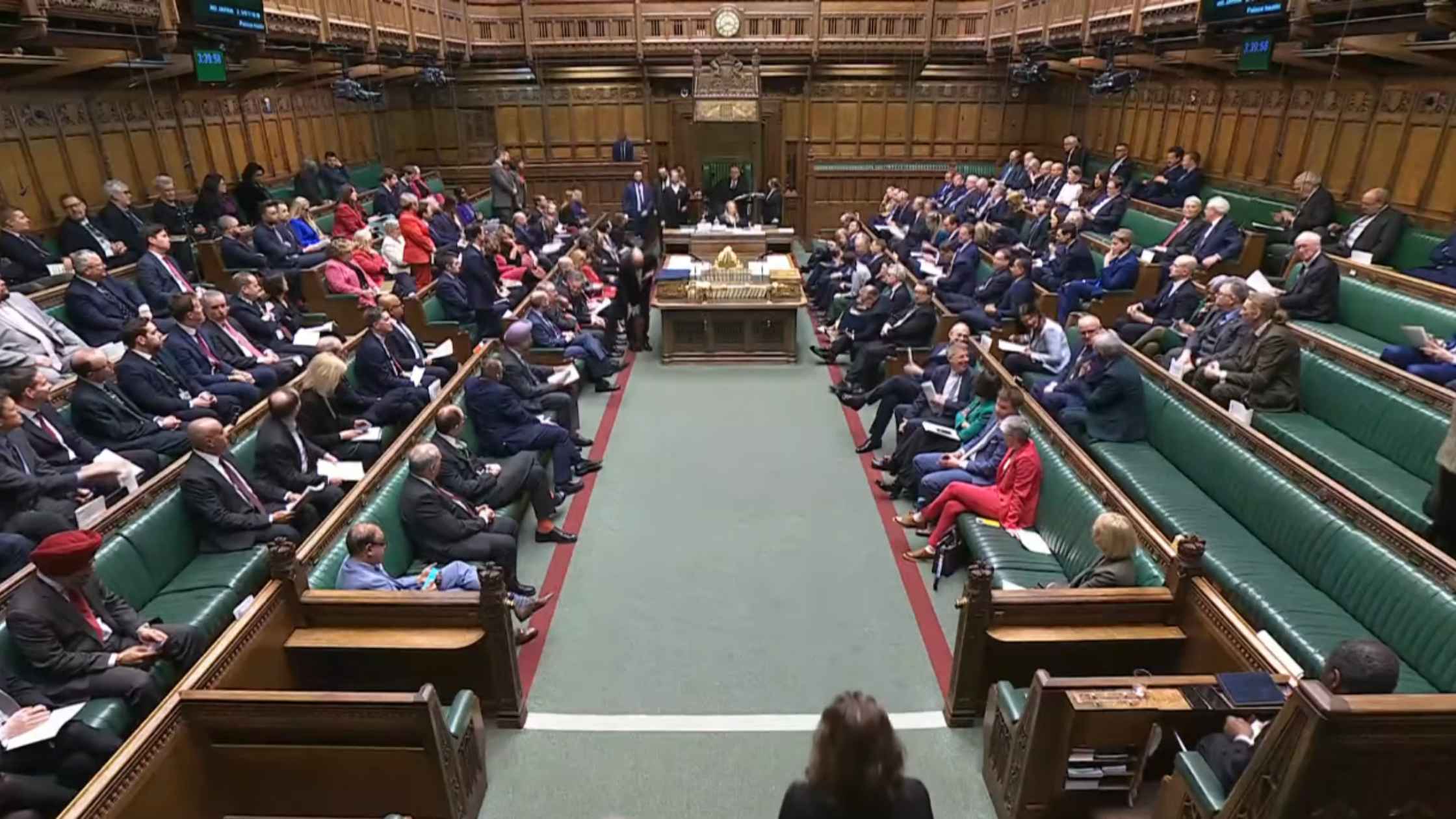
U.K. Government Reaction to Epstein Files Release
Chief Secretary to the British PM Darren Jones makes a statement in Parliament after the latest release of the Epstein files. Read the transcript here.
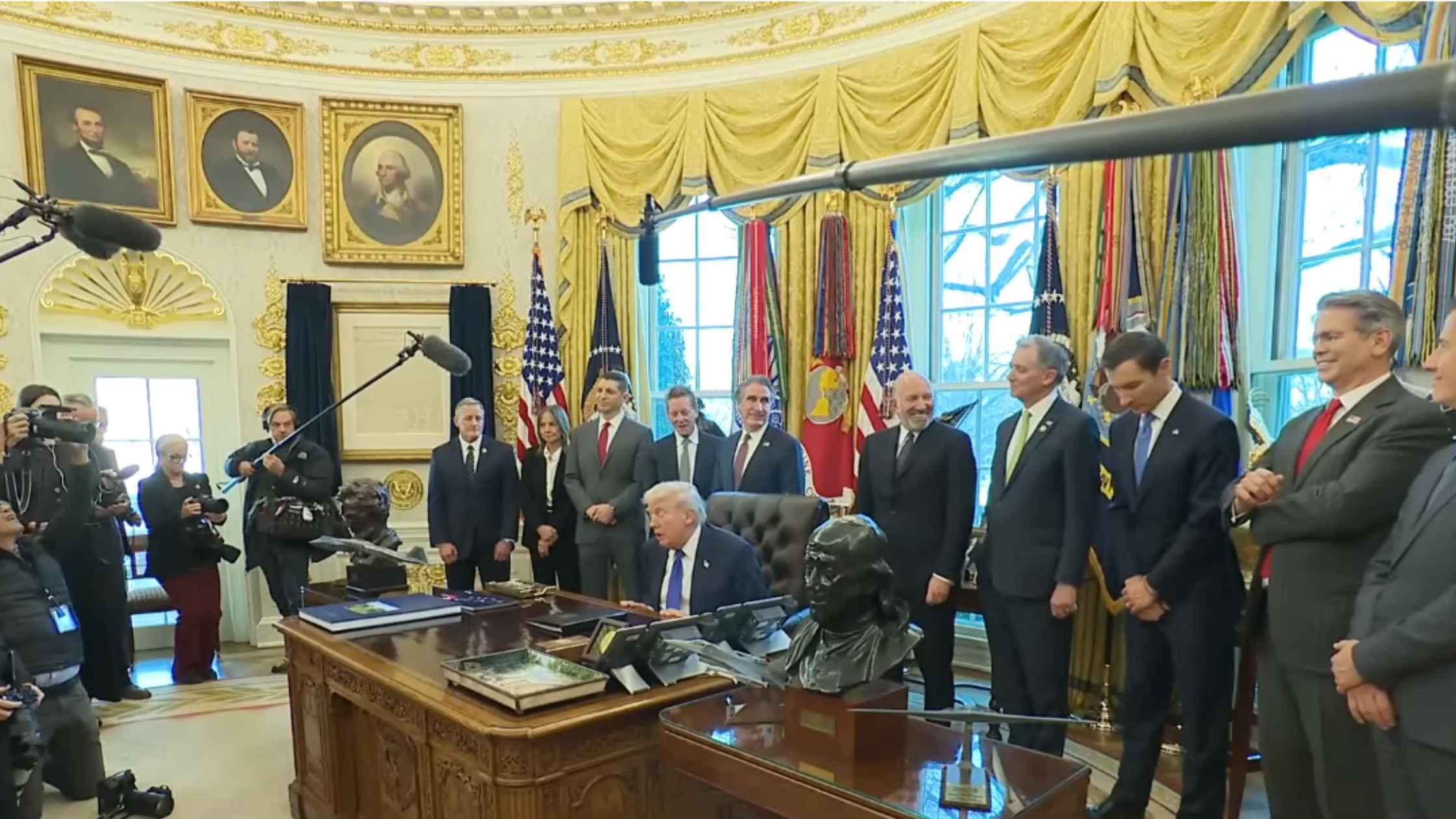
U.S. Strategic Critical Minerals Reserve
Donald Trump announces the creation of the U.S. Strategic Critical Minerals Reserve. Read the transcript here.
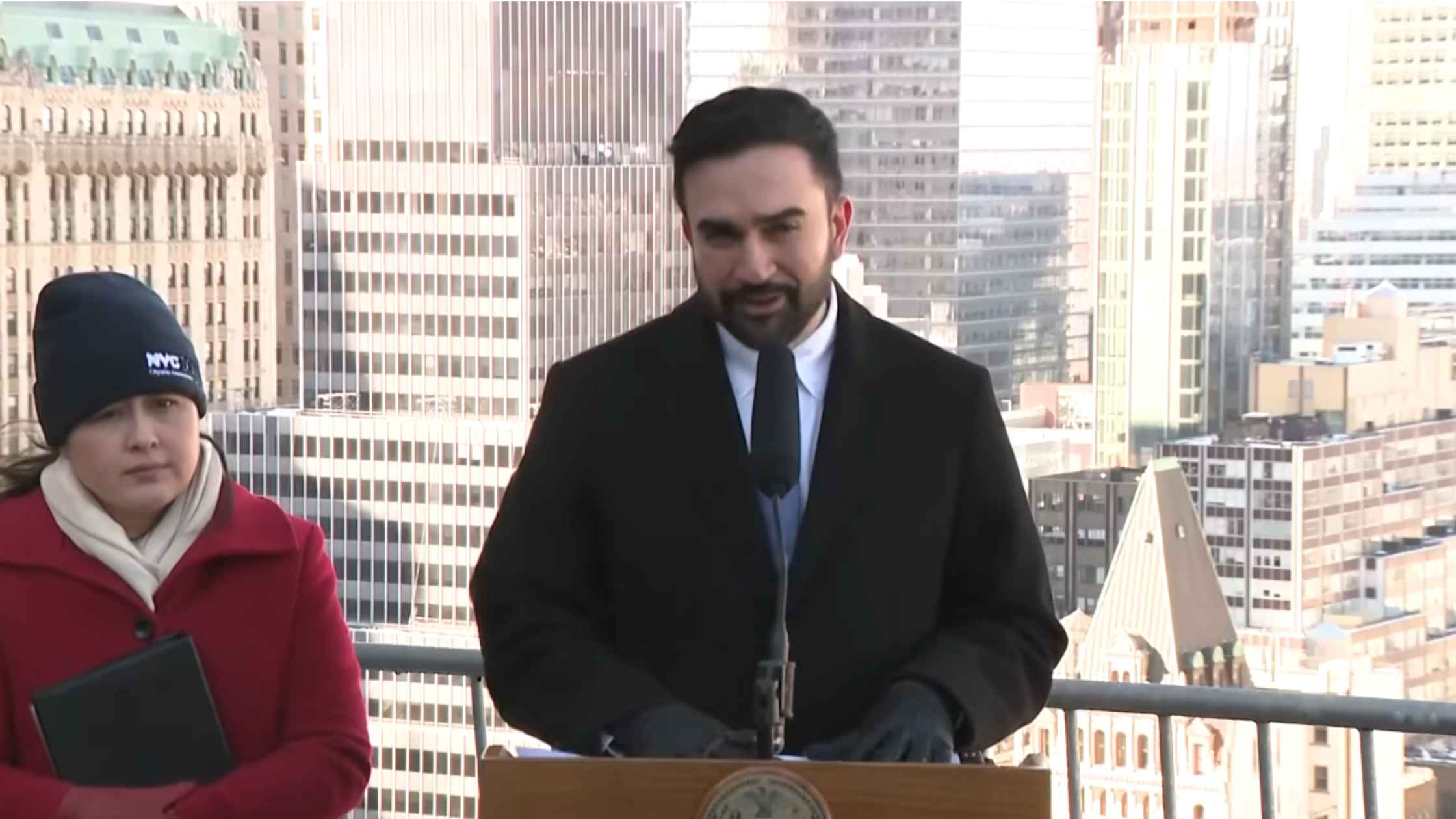
Mamdani Press Conference 2/02/26
New York City Mayor Zohran Mamdani holds a press conference on 2/02/26. Read the transcript here.

New White House Health Initiative
RFK Jr. and others launch new addiction and mental health initiative. Read the transcript here.
Subscribe to The Rev Blog
Sign up to get Rev content delivered straight to your inbox.








